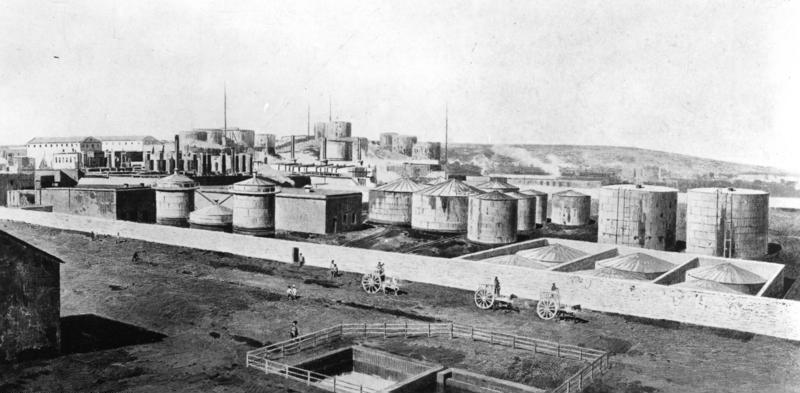The Saar was something like 1/3 of iron production and 1/4 of steel, so even a modest French penetration into the Saarland would have serious consequences for Germany's war economy. A German counteroffensive is almost certainly guaranteed if the French achieve any sort of success.
IOTL September 1939, France was unprepared to go on the offensive and had little interest in preparing to do so. I could see interwar French doctrine leaning towards a "bite and hold" early M+15 offensive in the Saar given their sensitivity towards border resources - if it hurt so badly when the Germans seized France's frontier resources, why not do the same to them? There were also plenty of fears about a shallow German penetration towards Metz and Alsace to seize French resources. Seizing a buffer was seen as a sensible solution to these worries. This requires doctrinal PODs in the 1920s or 1930s but I think it's feasible and has a high chance of being rewarding. Even in 1936, when the chance for an initial strong blow may have already been rendered structurally infeasible, Gamelin offered occupying Luxembourg and parts of the Saar as a potential preliminary option to a fully mobilized offensive to drive Germany from the Rhineland.
IOTL September 1939, France was unprepared to go on the offensive and had little interest in preparing to do so. I could see interwar French doctrine leaning towards a "bite and hold" early M+15 offensive in the Saar given their sensitivity towards border resources - if it hurt so badly when the Germans seized France's frontier resources, why not do the same to them? There were also plenty of fears about a shallow German penetration towards Metz and Alsace to seize French resources. Seizing a buffer was seen as a sensible solution to these worries. This requires doctrinal PODs in the 1920s or 1930s but I think it's feasible and has a high chance of being rewarding. Even in 1936, when the chance for an initial strong blow may have already been rendered structurally infeasible, Gamelin offered occupying Luxembourg and parts of the Saar as a potential preliminary option to a fully mobilized offensive to drive Germany from the Rhineland.
